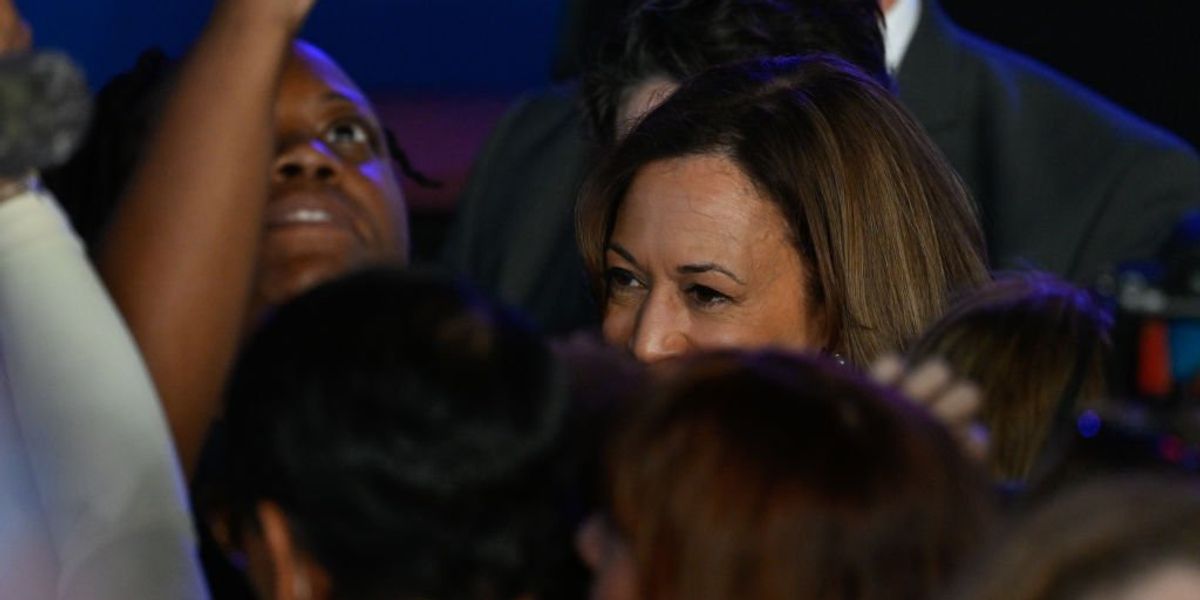We support our Publishers and Content Creators. You can view this story on their website by CLICKING HERE.

Election Day is here, and the stakes for America could not be higher. With just one day to go, pollsters are putting out all kinds of predictions, from neck-and-neck races to forecasts of a sweeping blowout. The picture is murky, and even polling expert Nate Silver acknowledges that critical factors could push this election in either direction. We need to pay attention.
Let’s start with one of the most telling indicators in American politics: to what extent the American people believe the country is on the right track. President Ronald Reagan made this question a crucial barometer in his 1980 presidential campaign, and it has remained a crucial campaign question ever since. According to CNN, only 28% of Americans currently believe the country is headed in the right direction. Gallup’s version is even more dismal at 26%. That is a startingly low number, especially given its historical precedent.
The low “right direction” numbers indicate widespread dissatisfaction with the status quo — a red flag for the Democrats.
Since 1980, in the 11 presidential elections in which the incumbent party has lost the White House, only 25% of Americans on average believed that the country was headed in the right direction. The lowest point was 11% in 2008, right before the financial crisis hammered the nation. The result? A massive win for the Democrats, led by Barack Obama, which flipped the White House from Republican to Democrat. What’s the takeaway? When “right direction” numbers are this low, the incumbent party historically struggles to retain the White House.
But we can’t rely on historical precedent alone to predict this election, and here’s why: Kamala Harris is running instead of the actual incumbent, Joe Biden. But history still has some lessons to offer. When sitting presidents decide not to run for re-election, it rarely ends well for their party — especially for Democrats. This situation has only happened seven times in U.S. history: four for Democrats and three for Republicans.
All four times Democrats opted for a successor — James K. Polk, James Buchanan, Harry Truman, and Lyndon B. Johnson — their party lost the White House. By contrast, when Republicans have done the same, their party’s successor won. Rutherford B. Hayes, Theodore Roosevelt, and Calvin Coolidge all managed to hand off power successfully.
The lesson? Democrats fare poorly when they try to swap out an incumbent president.
Where does that leave us in 2024? The low “right direction” numbers indicate widespread dissatisfaction with the status quo — a red flag for the Democrats. If that historical precedent doesn’t keep Kamala Harris from the White House, perhaps Joe Biden not running for re-election will.
To prevent Kamala Harris from occupying the Oval Office, one certain action remains: voting. Pollsters predict this will be one of the closest elections in our nation’s history. That outcome isn’t inevitable, though. We all have the power to shape it by exercising our sacred right to vote. The future of our republic depends on it.
Want more from Glenn Beck? Get Glenn’s FREE email newsletter with his latest insights, top stories, show prep, and more delivered to your inbox.

 Conservative
Conservative  Search
Search Trending
Trending Current News
Current News 







